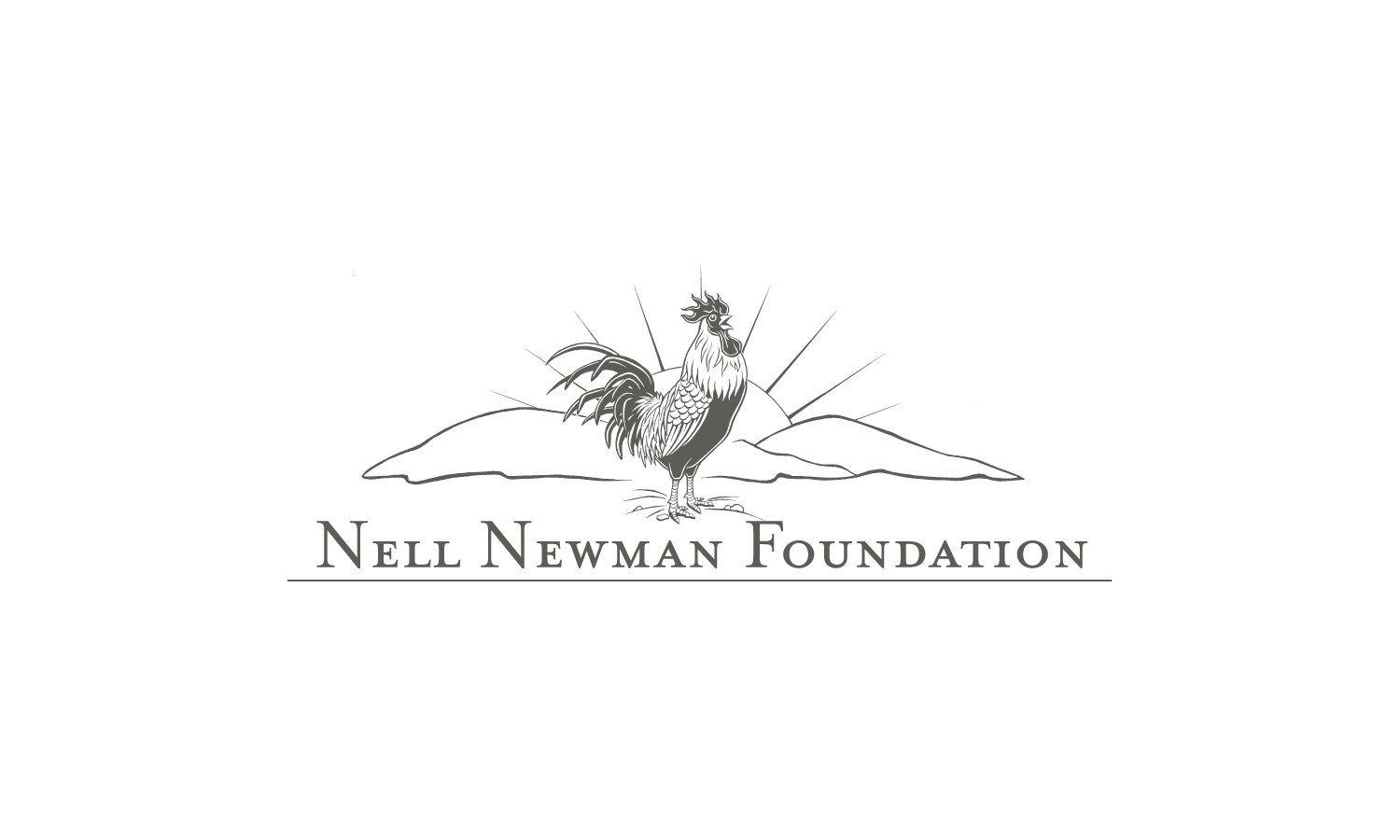Auschwitz Institute for the Prevention of Genocide and Mass Atrocities on CITIZENSHIP AND DEMOCRACY IN SCHOOL DURING COVID-19 CONTEST
September 2020 - Within the context of the ongoing COVID-19 pandemic, education has suffered greatly. According to UNESCO, approximately 1.5 billion students in 190 countries around the world have been kept from school. In Brazil, schools are closed, with many young people left isolated at home and unable to study or spend time with their peers. In addition to the negative impact this this has on learning, prolonged home confinement and loss of the scholastic routine have their own negative impacts on the well-being of younger populations.
Concerned about this situation, the Warren Educational Policies Program (WEPP) organized a series of meetings with teachers who are part of its educational community to learn about the challenges they have faced during this period of distanced education. Following these conversations, the WEPP sought to support them in their work by adapting the contents of its Citizenship and Democracy in School project to the context of the pandemic. With these materials, teachers were able to create a safe space with their students to discuss issues related to democratic citizenship in the time of COVID-19.
Seeking the involvement of students remained a challenge, especially those in a situation of social vulnerability, considering the prevailing conditions which have made maintaining a scholastic routine difficult. In Brazil, 4.8 million students between the ages of 9 and 17 do not have internet access.
With this in mind, the Auschwitz Institute decided to launch a contest, with the aim of rewarding the artistic production of public-school students who participated in the development of the project during the first semester of 2020. By the end of the submission period, AIPG received 34 works of art from students, including comics, drawings, photographs, videos, and music. A 10-day open voting process for the Citizenship and Democracy in School during COVID-19 began on August 27 and ended with 1,544 valid votes being cast.
To read more, check out Auschwitz Institute for the Prevention of Genocide and Mass Atrocities.
